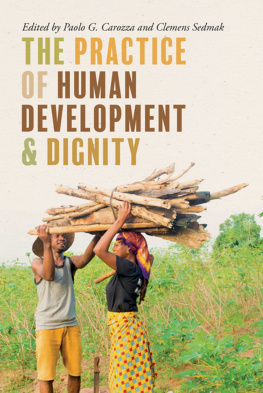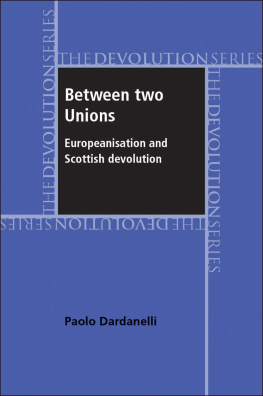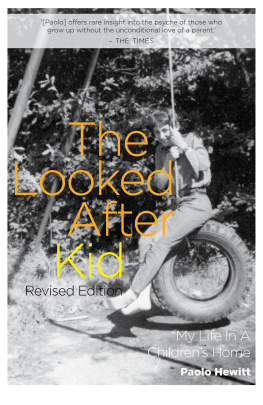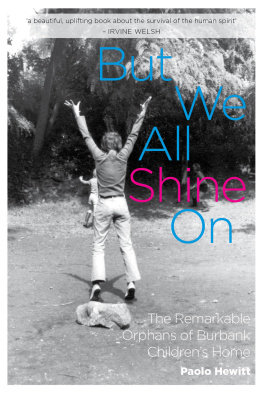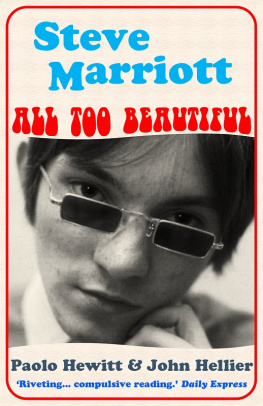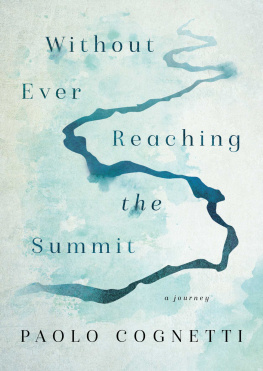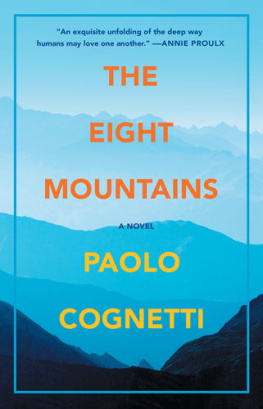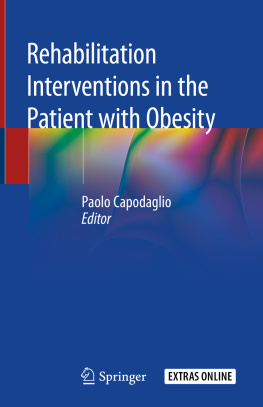Emerald Publishing Limited
Howard House, Wagon Lane, Bingley BD16 1WA, UK
First edition 2020
Copyright 2020 Paolo Boccagni, Luis Eduardo Prez Murcia, Milena Belloni. Published under an exclusive licence.
Reprints and permissions service
Contact:
No part of this book may be reproduced, stored in a retrieval system, transmitted in any form or by any means electronic, mechanical, photocopying, recording or otherwise without either the prior written permission of the publisher or a licence permitting restricted copying issued in the UK by The Copyright Licensing Agency and in the USA by The Copyright Clearance Center. Any opinions expressed in the chapters are those of the authors. Whilst Emerald makes every effort to ensure the quality and accuracy of its content, Emerald makes no representation implied or otherwise, as to the chapters' suitability and application and disclaims any warranties, express or implied, to their use.
British Library Cataloguing in Publication Data
A catalogue record for this book is available from the British Library
ISBN: 978-1-83909-723-2 (Print)
ISBN: 978-1-83909-722-5 (Online)
ISBN: 978-1-83909-724-9 (Epub)
Chapter 1
Introduction: On Doing Homing Interviews 1
This book is a collection of interviews about home. Why ask people about that, in the first place? What is the merit of a question on home, what does it say about the interviewee (and the interviewer), what kind of knowledge does it produce?
Talking with someone about home means opening up a large and rather indeterminate field of conversation. This embraces the place where people live, but also the place(s), beings or things they feel that matter(ed) the most, or that they would like to matter the most, for them. There is little obvious or straightforward in this endeavour.
At some level, talking about home may be an exercise in soft conversation like many others. We all know what home means (or so we think), and most of us would see it as something inherently good. Almost all, moreover, see it as something intimate and private. No reason to say bad things about it, or how we feel in it, even less express these views with a stranger. Yet, asking somebody what home means to them, or what they associate with this word, can be an invitation to share something deeper one's personal history and special place(s), or the lack thereof using a category that resounds with the routines of the everyday.
If home means so many different things to as many different people, it is a potentially unique entry point into a number of meaningful and personal conversations. However, as with all invitations, asking about home requires a sensitive and respectful attitude. And even so, the invitation is not always welcome or well-accepted.
Asking people what home means to them, and where (or when) they would locate it nowadays and in their life trajectories, is indeed a delicate endeavour, particularly in a formal interview setting. As the ongoing experience of ERC HOMInG shows, exploring people's views, feelings and practices of home (or of the equivalent notions across languages) tends to yield different outcomes at different stages of an interview.2 If questions of home are explicitly raised at the outset sometimes by necessity, due to time constraints the home talk generally performs two functions: eliciting a mental association with the place people live in, or the countries they come from (whether home-like or not); and pushing participants to align themselves along strong and exclusivist identity lines (home, dualistically, as a matter of here vs there, my place vs your place, us vs them).
For people with a migration background, in particular, the question Where is home is as important as, potentially, unsettling. It may sound politically incorrect, as it belies the assumption that the (country of) origin is the master category to approach them. It may even reveal a subtly hostile subtext a sort of loyalty check, as if migrants were expected to prove or at least declare that they belong and fit here. Even when the question is put with the best of intentions, it needs to be tailored to migrants' social conditions, to their legal circumstances, to their life projects and opportunities. If questions about home are put in a blunt and decontextualized fashion, instead, they elicit reactions that have to do with Goffman's (1967) facework more than with the expression of one's lived experience.
Questions about home encounter more revealing answers once they fall in the scope of a broader and deeper conversation. The point is approaching home in an indirect and progressive way, whether that refers to an abstraction or to tangible aspects of people's lives like the places they lived in, the memories and sense-scapes associated with them or the personal relationships that are enacted there. Participants are then more likely to be reflexive and honest in reconstructing their life experience, or in taking a stance on their dwelling conditions in the here-and-now. They may even be motivated to revisit their life trajectories through these emerging categories. In short, there is more of a promise in playing with home as a point of arrival in the interview process and in respondents' own trajectories, rather than as a natural starting point.
With this premise, what if questions on home are put to someone who was actively engaged with questions of home in their research trajectories? This was the starting point for the homing interviews my colleagues and I conducted as a part of ERC-StG HOMInG. As our research activities put us in touch with a number of leading scholars in the field, there was much of a point in discussing home directly with them through, and beyond, their writings on the topic.
In this case, as we found out, the answers do something more than illustrate what home means to a particular person. They also provide a lens to revisit books and articles in which home is addressed, or at least evoked, in particularly meaningful and creative ways. This is a retrospective exercise that allows us to add further meanings and interpretations to one's previous work. Furthermore, the answer of an academic expert can facilitate connections between home and many more substantive topics, ultimately ascribable, for the scope of this book, to migration, refugee and diaspora studies.
Interviewing experts on home and migration is not just a source of intellectual pleasure for the interviewer, and hopefully for the reader but is also a way to open up the space that lies behind a written text, move back to the lived experience of the author, appreciate the underlying social and cultural environments. Talking about home, for a scholar or for anybody else, is also a way of talking of oneself where one comes from, belongs and, indeed, feels at home or not. This is an original entry point into debates with rubrics such as reflexivity, positionality or even autobiography. On all of this, a homing interview reveals the ways of anchoring a scholar's reflections to some material, relational and emotional places in their life pathways; all those that at some point, and for whatever reason, felt like home. In order to discuss questions of home, one can hardly disconnect from one's own life background, demographics and values. A homing interview, then, replicates the reflexive function of the category of home in any interview setting. Besides that, it nourishes researchers' original and creative understandings of home, as they revisit their past writings in a dialogic fashion with the interviewers. As a result, the interview is less a matter of data collection than of situated co-production of original knowledge.






